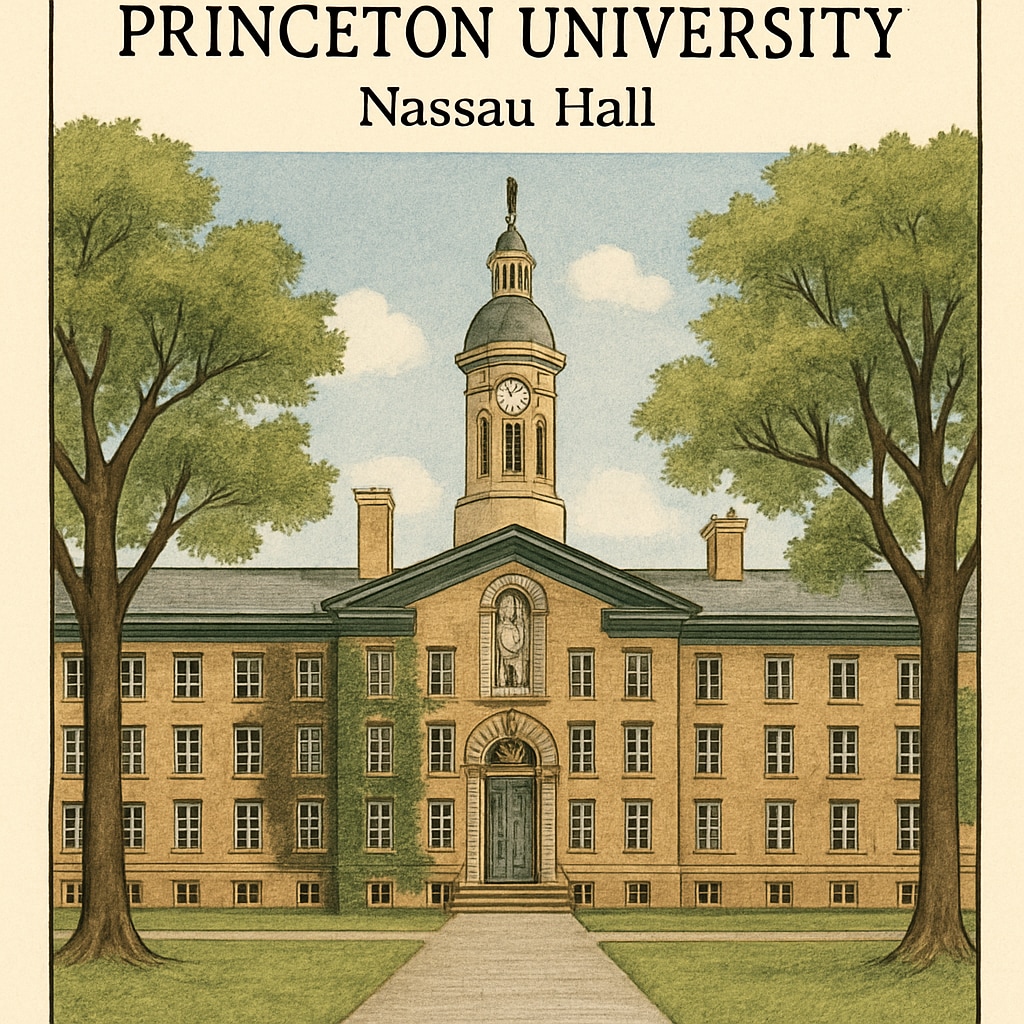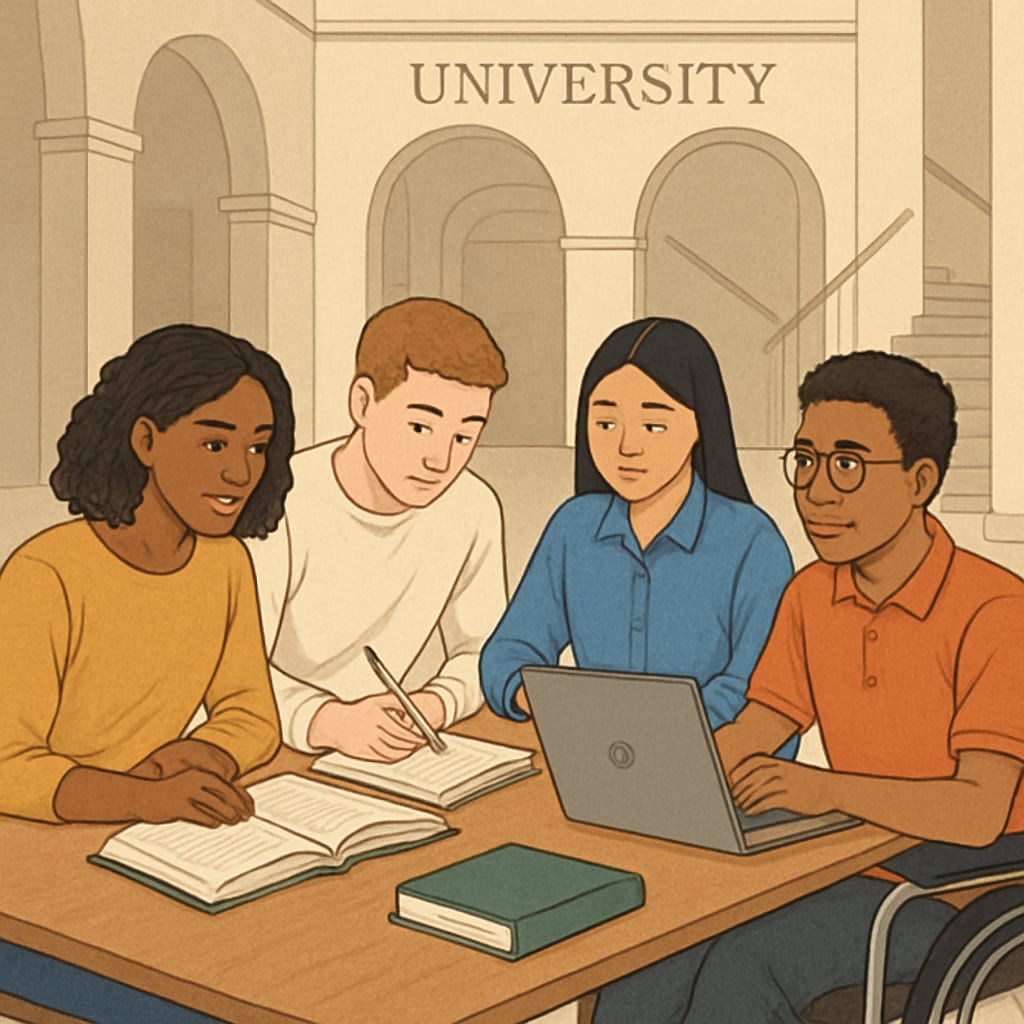The reputation of Ivy League institutions, including Princeton University, is globally recognized as a benchmark of educational excellence. But are we overestimating their actual value? Many students and parents strive to secure a place in these prestigious universities, believing that the name alone guarantees success. However, there is growing debate over whether the glowing reputation of Ivy League schools aligns with the tangible benefits they provide to students, both academically and in terms of career outcomes.
Reputation vs. Reality: The Case of Ivy League Schools
Princeton, along with other Ivy League schools, is often perceived as synonymous with unparalleled academic rigor, world-class faculty, and a golden ticket to success. However, this perception raises important questions: Is the educational experience at these institutions truly superior, or is it the result of effective branding cultivated over decades?
For example, a study by economists from Stanford and Harvard revealed that while Ivy League graduates do have higher earnings on average, this advantage diminishes when compared to graduates from other selective schools. Factors such as networking opportunities and the socio-economic background of students play a significant role in these outcomes. In other words, it may not be the education itself but the pre-existing advantages of students that drive their success.

Is the Ivy League Worth the Cost?
One of the most contentious aspects of Ivy League schools is their cost. With tuition fees often exceeding $75,000 per year, families frequently face significant financial strain to afford this “elite” education. However, research indicates that the return on investment (ROI) of attending an Ivy League institution is not always as high as expected.
According to Britannica’s overview of Ivy League schools, the name recognition of these universities does open doors in certain industries, but this advantage does not necessarily translate across all fields. For fields like technology or entrepreneurship, skills and experience often outweigh the prestige of a diploma. Moreover, non-Ivy colleges such as Stanford or MIT frequently outperform Ivy League schools in specific disciplines.
What Truly Defines Educational Value?
To evaluate the true value of higher education, we must shift the focus from reputation to the quality of the learning experience and the outcomes it produces for students. Key factors include:
- Faculty Engagement: How accessible and impactful are the professors?
- Research Opportunities: Are students actively involved in meaningful projects?
- Alumni Networks: Does the institution provide strong post-graduation support?
- Cost-to-Benefit Ratio: Is the tuition justified by career prospects?
For Princeton, these factors are undoubtedly high. Yet, similar opportunities can often be found at less expensive public universities or liberal arts colleges. For instance, honors programs at public universities frequently rival the academic rigor of Ivy League institutions, offering smaller class sizes and direct access to faculty.

The Prestige Trap: What Applicants Need to Consider
Ultimately, the allure of Ivy League schools like Princeton lies in their prestige. But prestige should not be the sole criterion for choosing a college. Students and families must weigh factors such as financial feasibility, specific academic programs, and personal fit. Often, the pressure to attend an Ivy League institution stems from societal expectations rather than a clear understanding of the educational or career benefits.
In addition, it is crucial to acknowledge the role of privilege in maintaining the Ivy League’s reputation. Many students at these schools come from affluent backgrounds, which can skew the perception of their career outcomes. By contrast, students from less privileged backgrounds may find equal or greater success in institutions that offer robust support systems and affordability.
As the cost of higher education continues to rise, it is more important than ever to critically evaluate the true value of elite institutions. Princeton and other Ivy League schools undoubtedly offer exceptional resources and opportunities, but they may not always be the optimal choice for every student.
In conclusion: The Ivy League mystique, while powerful, should not overshadow the practical realities of the modern higher education landscape. Families and students should approach college decisions with a clear understanding of their goals, financial constraints, and the true benefits of their chosen institution.


